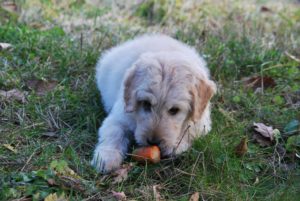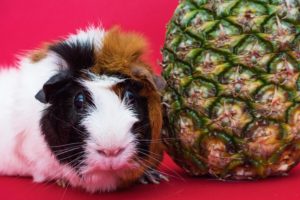What Should I Feed My Pet? Five Considerations For Pet Owners

Whether you just got your pet or you’ve had it a long time, it’s important to make sure you’re feeding it right. I don’t know if you’ve heard about the dog who turned out to not to be vegetarian, but basically a woman claimed her dog was a vegetarian and the dog embarrassed her by eating meat on live television.
There are more reasons not to change your animal’s diet to fit your own than being embarrassed on TV, for example it can be very dangerous. When a cat is fed vegetarian for instance, it is detrimental to its health. These animals aren’t just carnivores, they need meat to survive. Without a few amino acids specific to meat they won’t be able to survive.
I understand the appeal of feeding your pets vegetarian, especially if you feel ethically obliged not to fund the meat industry. As a vegetarian myself, it was a big struggle in my pet debate but once you make the decision to be a pet owner, it’s your responsibility to care for them in the best way for their health.
Whether you’ve had your pet for years or are just considering becoming a pet here are some dos and don’ts for you to consider!
- When you first get a pet it’s important to find it a veterinarian to ensure its proper care. When you take it to the first appointment you can discuss in detail the nutritional needs of your pet as well as the big don’ts.
- If you’ve had your pet for a while check in with your vet on your next visit to ensure your pet has the optimum diet for its health.
Do your research before making any changes
- Thinking about letting your pet eat something off your plate? Notice they seem to have a lot of interest in a plant in your garden? Make sure you do your research on that item before letting them munch away. The Humane Society has a list of foods that are poisonous to animals (and we have a fairly comprehensive list for dogs here), but you’ll want to look up anything new before feeding it to them.
Do use credible sources
- Your vet is of course the most reliable resource you have. Sometimes they aren’t available though, especially if you’re wondering if you should be concerned about that clove of garlic your dog just ate. In that case searching Google Scholar is a great way to get credible answers to your real time questions.
- Other great sources include websites such as the Humane Society or the American Veterinarian Medical Association.
 Don’t trust information from non-credible sources
Don’t trust information from non-credible sources
- While articles written from those without professional experience may be great resources for general information, it’s always important to get medical information from trained physicians.
- So, while the lists of foods not to feed our pets are great references, make sure you check one of the reliable sources already mentioned too!
Don’t try to feed your diet
- There are so many reasons why it might make sense to have your pet eat the same diet as you. Makes grocery shopping similar, you might not feel that different from your pet, but in this case we are. So, while you might think a lizard would prefer your burger keep it to the insects till you’ve gotten the vet’s A-Okay.

